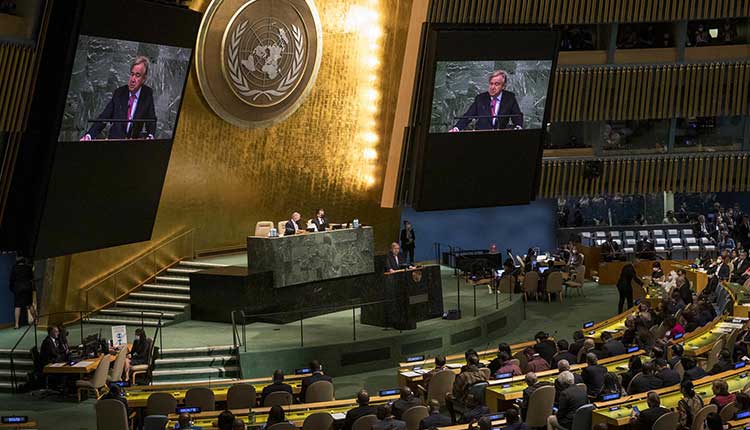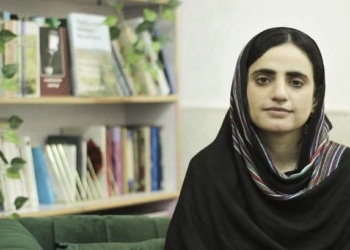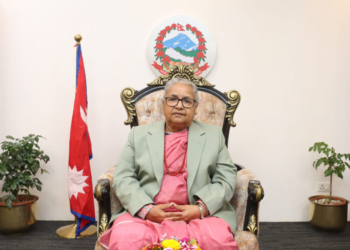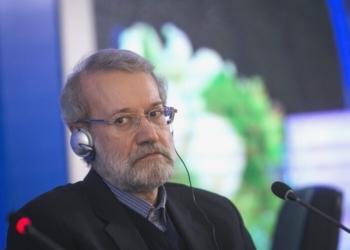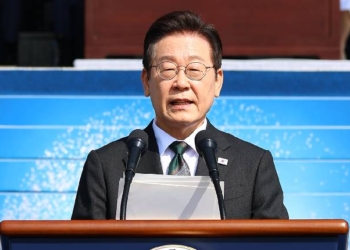United Nations: For the 17th time, the General Assembly has rolled over Security Council reforms to the next session after failing again to agree on an agenda-setting text for the discussions.
The Assembly unanimously adopted the resolution on Tuesday to end its discussion on reforming the Council and adding new permanent members and pass it on to the next session starting next month.
Speaking on behalf of India, Brazil, and Germany, with which it forms the G4 group, Japan said the Assembly’s failure undercuts trust in the UN and its ability to maintain international order.
“The continued failure in Security Council reform is an issue that goes well beyond the Council itself”, Iriya Takayuki, a minister in Japan’s UN Mission, said.
“Given the reality that trust in the United Nations, which is at the center of multilateralism, has been shaken and the international order is in flux, reform of the Council is needed not only to strengthen the UN as a whole, but also to maintain the entire international order”, he said.
“The G4 would, therefore, like to emphasise that this is an urgent issue that deeply concerns all member states, not just a few”, he said.
The four nations of the G4 advocate for increasing the number of permanent seats on the Council and mutually back each other for the seats.
“In light of the continued and serious challenges to international peace and security and the critical role of the Security Council in addressing them, reform of the Council is urgently needed and must be advanced without delay”, Iriya said.
One sign of progress at the Inter-Governmental Negotiations (IGN), as the reform process is called, Iriya said, was the revised “Elements Paper” produced by its co-chairs laying out their interpretation of the positions of the different countries and groups.
But he said that the document does not acknowledge that the majority of the UN members want permanent and non-permanent members added to the Council.
Since the IGN began in 2009, the negotiations have been held up by a small group of countries known as Uniting for Consensus (UfC) led by Italy and including Pakistan.
They oppose the adoption of a negotiating text without a consensus or reforms, blocking the progress of negotiations, as there is no document to base the discussions on.
The G4 and most countries have demanded text-based negotiations.
General Assembly President Philomen Yang’s Spokesperson Sharon Birch said the IGN process made progress during the session.
There has been progress, because the Pact of the Future adopted at the high-level meeting of world leaders last September to chart the UN’s course as it enters its 80th year “really built a strong foundation for the reform of the Security Council”.
The negotiations on reforms “have been energised, and member states have been really more engaged than ever in the discussions”, she asserted.
The structure of permanent membership in the Council is stuck in the post-World War II geopolitics, and the winners monopolised the seats.
The last reform of the Council was 57 years ago four non-permanent members were added, bringing their number to ten, but there were no additions to the roster of permanent members.
At that time the UN membership was 113, but is now 193 while Council membership is frozen at 15, with five permanent members, Britain, China, France, Russia (assuming the Soviet Union’s seat), and the United States.
IANS




